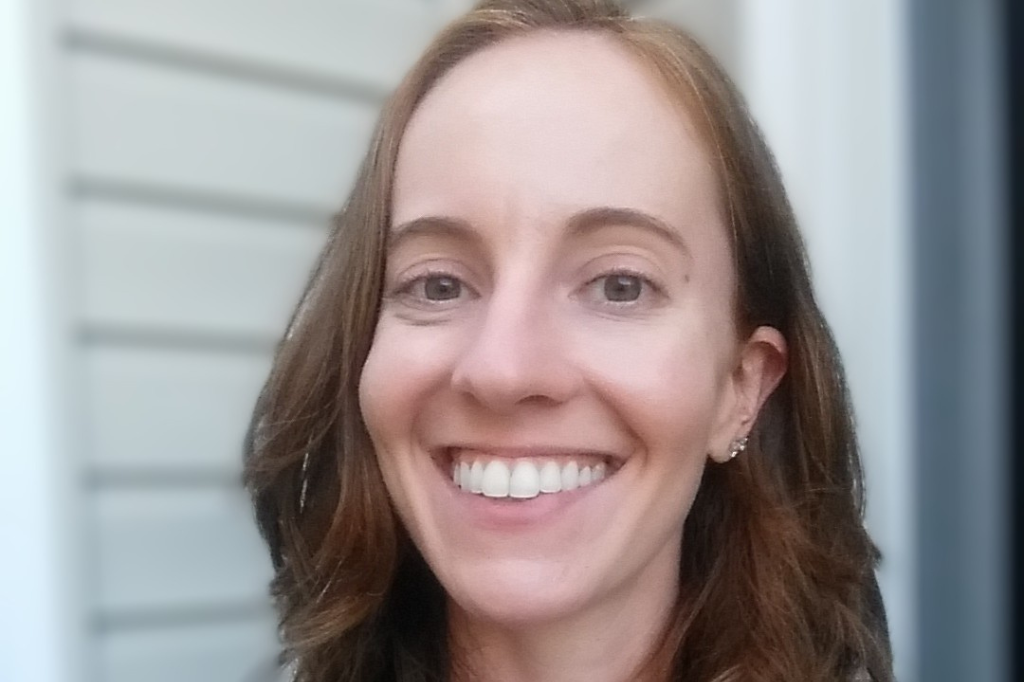
02 Jul Ellen’s Story: Navigating Endometriosis Treatment and Insurance Obstacles
Healthcare advocacy is a crucial aspect of modern medicine, often under appreciated until one faces the complexities of navigating the system. The story of Ellen, a 33-year-old nurse who battled endometriosis, offers valuable insights into the challenges patients face and the pivotal role of dedicated healthcare providers in advocating for their patients. This article delves into Ellen’s journey at the Center for Innovative GYN Care (CIGC), highlighting the intricate dance between patient care, insurance negotiations, and medical advocacy.
The Challenge of Misdiagnosis and Insurance Hurdles
Ellen’s struggle with endometriosis mirrors the difficulties many women face in obtaining accurate diagnoses and appropriate treatments. For years, Ellen dealt with severe endometriosis symptoms, which were misdiagnosed as anything but endometriosis. It wasn’t until after she came to CIGC that Ellen’s condition was correctly identified as advanced endometriosis and adenomyosis. One unique aspect of CIGC surgeons is that they are experts in conditions such as endometriosis, adenomyosis, and fibroids because they specialize in treating these conditions year-round. One of the biggest challenges Ellen encountered in her journey to getting surgery was when her insurance provider, Excellus, initially refused to cover her surgery, deeming it “medically unnecessary.” This decision brought to light a common issue in healthcare: insurance companies’ often limited understanding of complex medical conditions and their implications.
LAdvocacy in Action: Overturning Insurance Decisions
CIGC’s response to Excellus’s denial was swift and assertive. The team embarked on a journey of advocacy to overturn the denial. This timeline illustrates the persistence and expertise required in healthcare advocacy, particularly when dealing with insurance companies.
Initial Denial (July 5): Excellus denies coverage for Ellen’s surgery. Surgery Execution (July 12): CIGC proceeds with the surgery, prioritizing patient care over insurance uncertainties.
Peer-to-Peer Advocacy (July 14): A decisive discussion between CIGC’s surgeon and the insurance representatives challenges the denial.
Persistent Advocacy: Post-surgery efforts intensify to secure insurance approval.
Insurance Reversal (September 14): Excellus eventually approves the surgery, validating CIGC’s patient-centric advocacy.
Logistical Support: Ensuring Access to Care
A notable aspect of our patient care approach, exemplifying what makes CIGC unique, is our commitment to facilitating access to surgery for patients facing insurance network challenges. If patients, like Ellen, have insurance that is out-of-network for our Innovative Surgery Center but in-network for our Center for Modern Surgery (CMS), we step in to bridge the gap.
Understanding the prohibitively high costs associated with out-of-network care, we offer a practical solution: transportation to our CMS in New Jersey. CIGC utilizes a state-of-the-art van specifically for this purpose, ensuring that patients can access the care they need without the burden of exorbitant out-of-network expenses.
In Ellen’s case, this service proved invaluable. Her insurance was out-of-network for our primary location but covered at our New Jersey center. By providing transportation to CMS, we ensured that Ellen received her surgery without the financial strain that out-of-network care typically entails. This approach is a testament to our holistic commitment to patient care, going beyond medical expertise to address the logistical and financial barriers in healthcare.
Educational Insights: Understanding Endometriosis and Insurance Dynamics
Ellen’s case sheds light on the broader issue of insurance companies’ role in healthcare decision-making. The discussions between CIGC’s experts and Excellus revealed gaps in understanding endometriosis, a complex and often misdiagnosed condition. This situation highlights the need for increased education and awareness among insurance providers about specific medical conditions.
The Cost of Inadequate Treatment
The financial implications of inadequate endometriosis treatment are staggering. CIGC’s surgeon pointed out that ineffective treatment could lead to expenses exceeding $40,000 over three years, compared to the one-time cost of surgery. This includes the costs of emergency visits, additional tests, and the immense physical and emotional toll on the patient.
The Power of Advocacy and Informed Decision-Making
Ellen’s journey at CIGC is more than a patient story; it’s a powerful lesson in the importance of healthcare advocacy and informed decision-making. Her successful surgery and subsequent insurance coverage victory underscore CIGC’s commitment to patient well-being and the critical role of healthcare providers in navigating the complexities of medical treatment and insurance systems.


